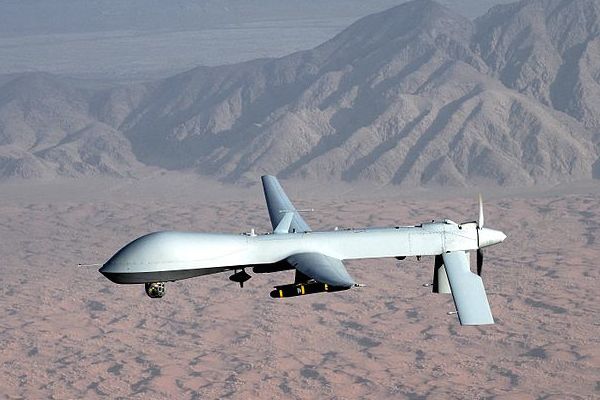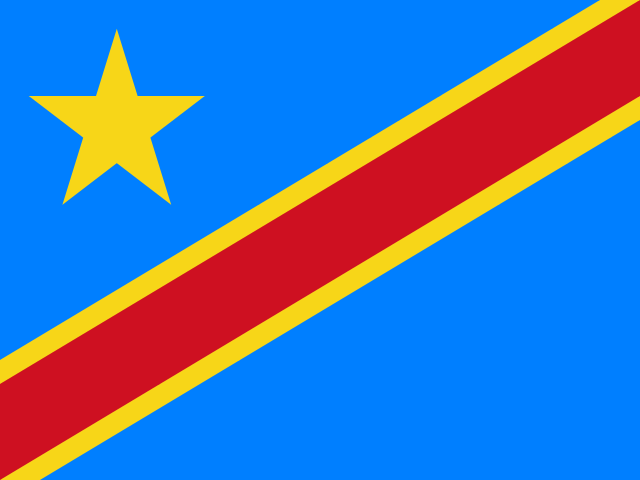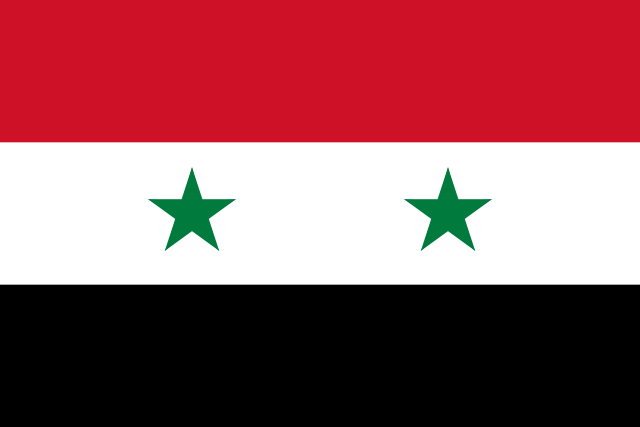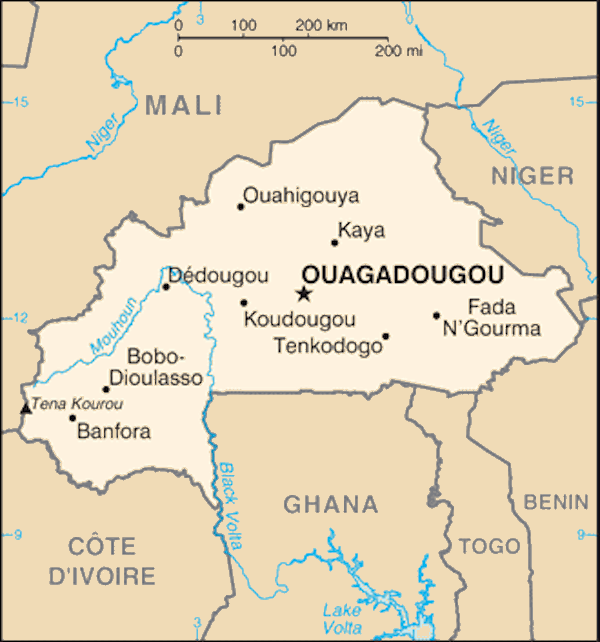The General Framework Agreement for Peace in Bosnia and Herzegovina, aka Dayton Accords, were preliminarily signed on November 21, 1995 in Ohio. With that accord reaching its 20th anniversary — and Bosnia continuing to be wildly dysfunctional and notoriously stagnant, albeit not openly at war with itself — it’s time to reflect on how the solution reached to end the war did not do much beyond that.
“The Dayton Accords at 20: Why Bosnia’s Government Is So Dysfunctional” – The Atlantic
Dayton created a byzantine governance system that constitutionally entrenched, rather than resolved, the divisions that emerged from the war. Bosnia was divided into two entities, the Federation of Bosnia and Herzegovina and the Republika Srpska. Bosnia was further split into 10 cantons, and the contested city of Brčko was given special district status, while the state presidency rotates between the representatives of the three constituent peoples—Bosniaks, Croats, and Serbs. With a population of 3.8 million people, Bosnia has three presidents, 13 prime ministers and as many governments, more than 180 ministers, and over 700 members of parliament. The outcome is an ungovernable mess. Two years after the 2013 census was completed, the results haven’t yet been announced, because Bosnia and Republika Srpska each carried out its own census, with different methodologies.
[…]
This doubling-up of everything can seem comic. But the system entrenched by Dayton has done serious damage to Bosnia’s development. “The political caste uses Dayton to stay in power,” explained Nermina Mujagić, a political-science professor at Sarajevo University. “Dayton is a convenient scapegoat to justify why nothing is being done to address the plunder of the state’s assets and pervasive corruption.”
And on the other hand, the dilemma remains: This is bad, but at least it stopped the horrific, genocidal fighting.

President Slobodan Milosevic of the Federal Republic of Yugoslavia, President Alija Izetbegovic of the Republic of Bosnia and Herzegovina, and President Franjo Tudjman of the Republic of Croatia initial the Dayton Peace Accords at Wright-Patterson Air Force Base, Nov. 21, 1995. (Photo Credit: U.S. Air Force.)








